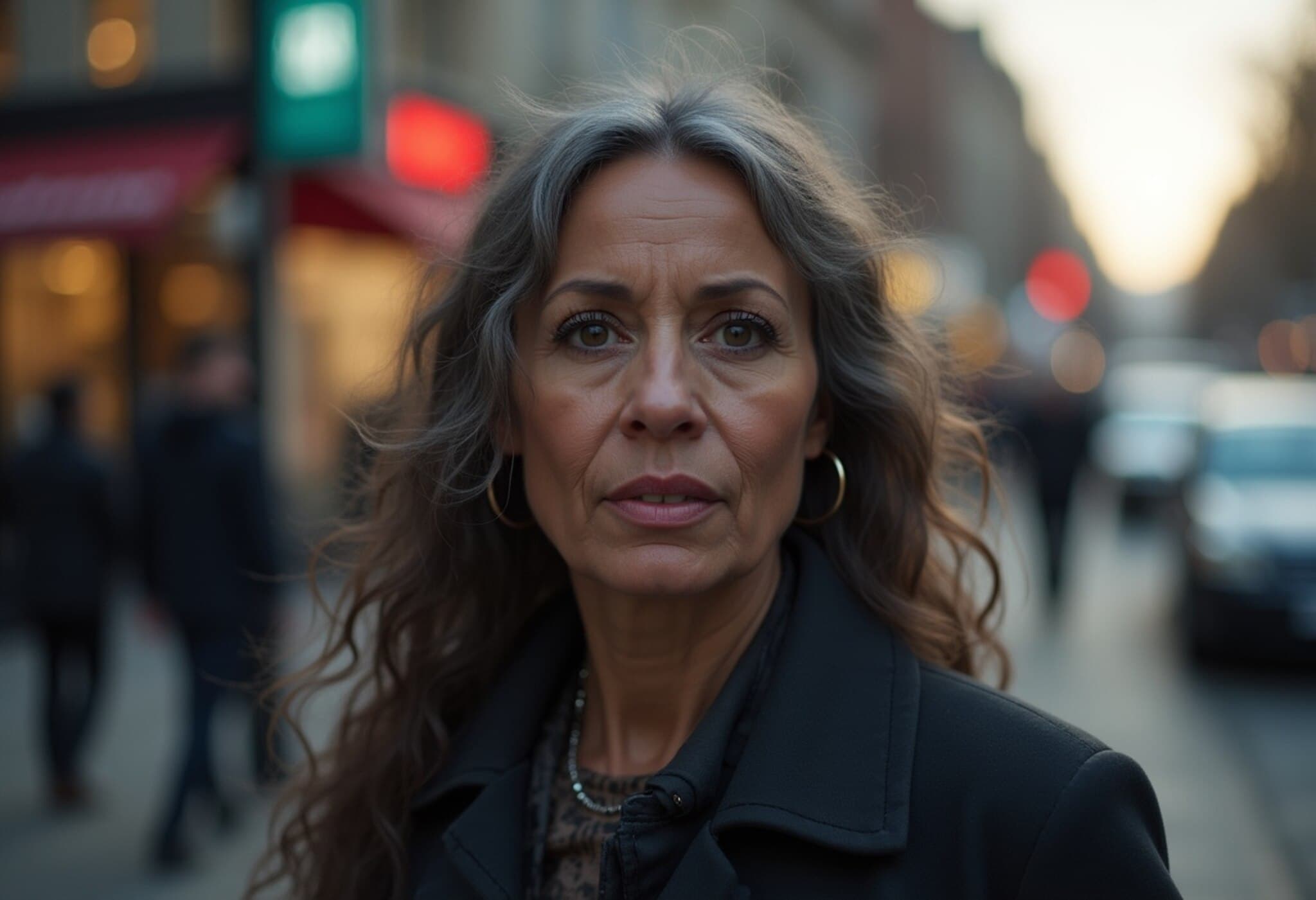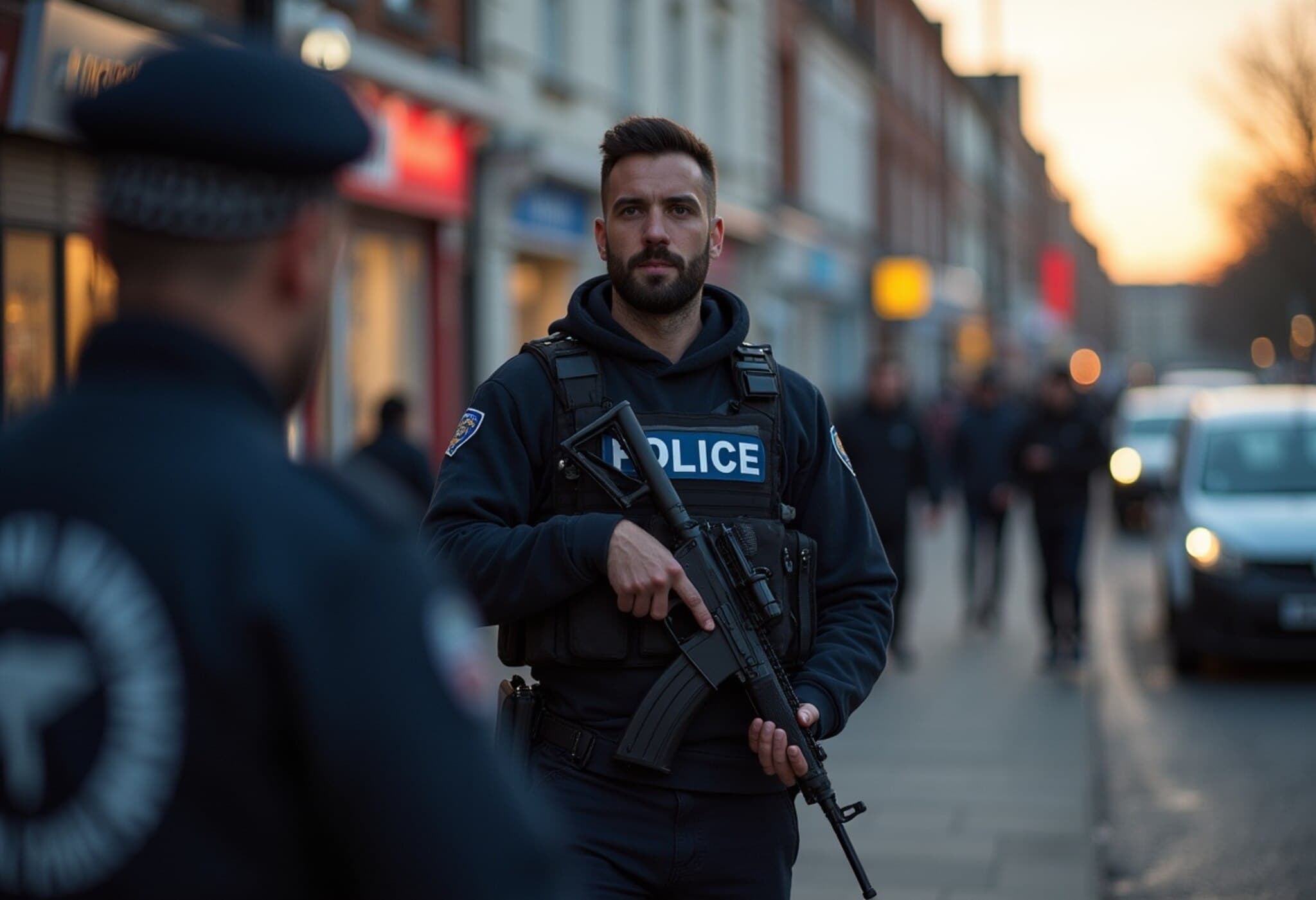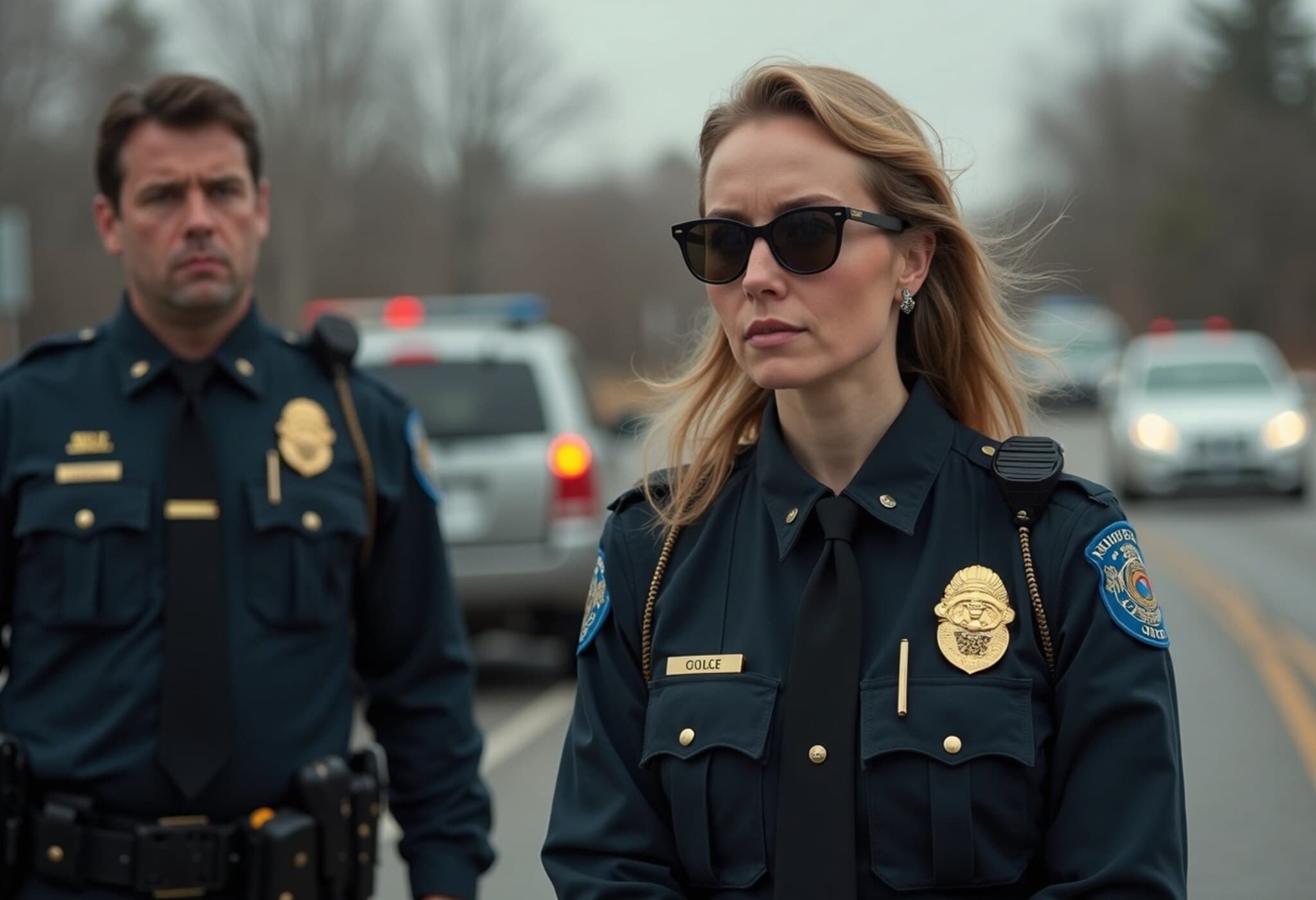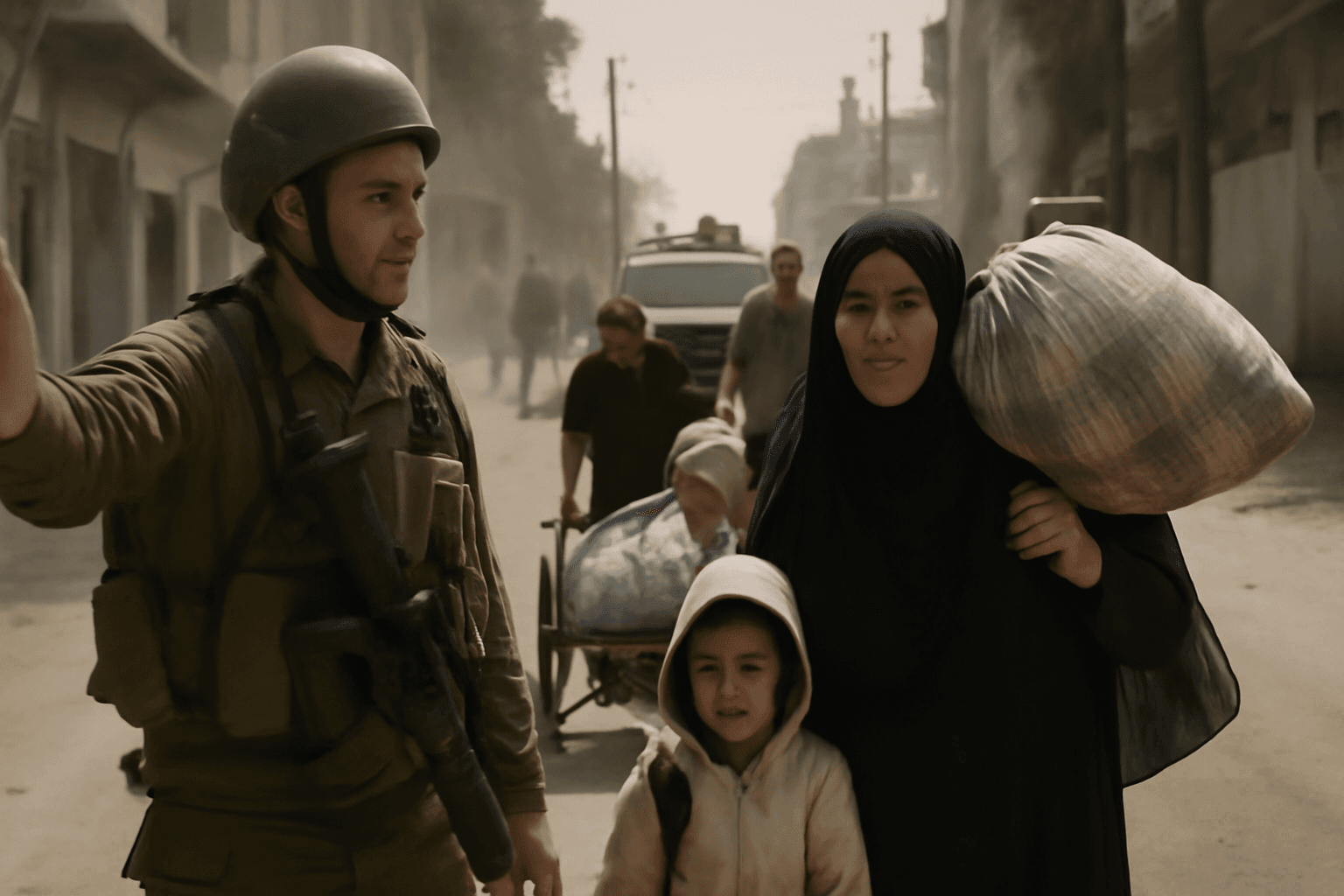‘Gangsta Debbs’: The Grandmother Behind a Massive UK Cocaine Network
In a gripping case that has unfolded across the streets of south-east England, Deborah Mason, a 65-year-old grandmother, known as “Gangsta Debbs” and “Queen Bee,” has been sentenced to 20 years in prison for orchestrating a sprawling family-run cocaine trafficking operation worth an eye-watering £80 million (approximately $1.07 billion) on the black market.
A Family Business of Crime
Unlike many drug cartels led by elusive figures, Mason’s criminal empire was rooted firmly in familial ties. She mobilized not only her children and their partners but close family friends as well to transport and distribute high-value Class A drugs across major UK cities including London, Cardiff, Bristol, Sheffield, and Manchester. The Woolwich Crown Court was told she essentially ran the business like a corporate enterprise, meticulously coordinating logistics and personnel.
Judge Philip Shorrock notably described Mason as “the site foreman working under a project manager,” highlighting her pivotal role in the hierarchy.
Investigation and Police Surveillance
The extensive investigation kicked off in April 2023 when undercover officers spotted Mason loading boxes into a hire car at a retail park in Harwich. Disguised by her ordinary grandmotherly appearance — which her defense insisted ensured she “would not catch the eye” — she remained under the radar initially. Following her movements closely, police tracked how the drugs moved from key ports such as Harwich, Folkestone, and Dover to urban distribution hubs.
Over seven months, evidence mounted. A courier was caught shortly after a drop-off in Leicester carrying 10 kilograms of cocaine alone. Prosecutors revealed the gang conducted at least 20 known drug shipments totaling 356 kilograms of cocaine, each shipment delicately packaged for street sales.
Encrypted Communications and International Links
Using secure encrypted messaging through the Signal app under various aliases, Mason maintained tight control over operations. She shared a notably close relationship with an individual named “Bugsy,” reportedly the supplier, with whom she vacationed in Dubai and Bahrain — a startling illustration of the drug network’s international dimensions.
The prosecution painted a picture of a control room matriarch who personally managed every aspect, from wake-up calls to the couriers to ongoing route updates. Even on overseas holidays to destinations like Malta, Prague, and Poland, Mason remained hands-on, coordinating via FaceTime and indulging in luxury purchases such as Gucci accessories.
The Moral Complexities of Crime and Family
The fact that familial bonds were weaponized for criminal enterprise adds a dark twist to this saga. Mason’s three daughters, son Reggie Bright (24), and his partner were all active participants, motivated purely by profit. Reggie alone completed 12 trips, handling at least 90 kilograms of cocaine. Defense lawyers painted the younger generation as mere couriers, but prosecutors argued the family was complicit at every level.
Prosecutor Robert Hutchinson summed it up: “Instead of nurturing and caring for her relatives, Deborah Mason recruited them to establish an extraordinarily profitable criminal enterprise that would ultimately put them all behind bars.”
Broader Implications: The Challenge of Family-Run Crime Syndicates
This case cuts to the heart of law enforcement challenges in dismantling drug networks embedded within trusted social structures like families. The traditional image of criminal gangs as loose affiliations contrasts sharply with the meticulous, hierarchical family business that Mason created — complicating investigations, prosecutions, and rehabilitation.
On a policy level, the case spotlights how addiction-driven markets and globalized drug routes fuel such empires, encouraging organized crime to adapt with technology and long-term planning.
Editor’s Note
This extraordinary story underscores the complex intersection of familial loyalty and criminal ambition. Deborah Mason’s rise and fall reveal how drug trafficking can infiltrate the core units of society — families — blurring lines between care and control. As law enforcement continues to battle evolving narcotics networks, understanding these dynamics is vital. The case also invites reflection on prevention: how might interventions disrupt these cycles before they crystallize into entrenched, billion-dollar operations?











